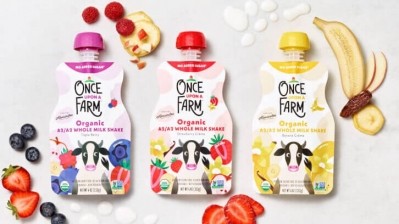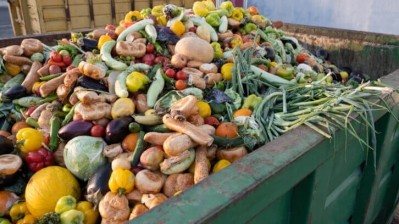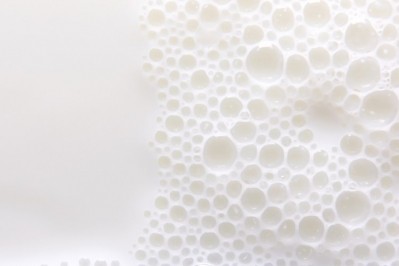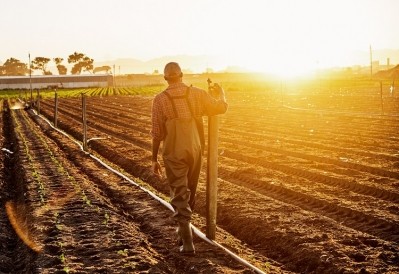Regenivore movement pushes dairy industry to adopt regenerative agriculture practices
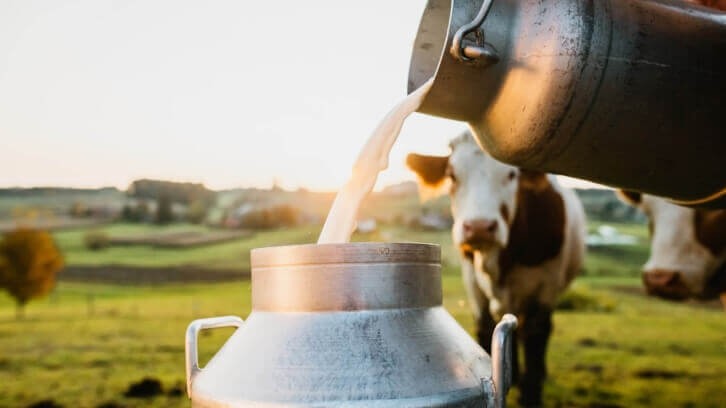
With an estimated 14.5% of total anthropogenic greenhouse gas (GHG) emissions coming from global livestock production, the dairy industry is responsible for approximately 30% of these emissions, or 2.1 gigatons of CO2e per year, according to a study published in Frontiers.
Soil health practices include minimizing soil disturbance caused by tillage, perennial cover crops to prevent wind and water erosion that would otherwise keep essential organic matter and microbes and crop rotations to diversify the soil environment and reduce the risk of pests and diseases, among others. For cattle, grazing promotes a closed nutrient loop for their health and the soil through manure that can be more efficiently used in areas of that farm that need it.
When cattle graze on regenerative soil, the nutrients from their manure naturally return to the ground, creating a closed-loop nutrient system that benefits both their health and the soil's fertility. This nutrient-rich manure can then be strategically applied to other areas of the farm, further enhancing overall productivity.
While these practices are not new to farming, particularly within indigenous communities around the world, more dairy farmers and brands are implementing and communicating the significance of regenerative agriculture to consumers, contributing to, and expanding the Regenivore movement.
New York-based Maple Hill Creamery goes beyond its grass-fed organic milk, butter and dairy products, which contain no antibiotics, hormones or GMOs. The brand labels its products as “Humane. Regenerative. Traceable,” which includes providing “an acre per cow” with a variety of grass species from regenerated pasture.
The brand shared with FoodNavigator-USA that its cows live an average span of 7-15 years, which is three times more than 1-4 year lifespan in the industry, highlighting its commitment to animal welfare.
Alexandre Family Farm, a Crescent City, Ca.-based dairy farm that produces grass-fed A2/A2 organic milk (a more digestible form of milk protein) from A2/A2 cows, claimed to be the first Certified Regenerative dairy farm in the US by the Regenerative Organic Alliance, emphasizing the increase of biomass in soil went from one to two percent to between 8-15% in eight years. The farm also received the Savory Institute’s Land to Market Ecological Outcome Verification (EOV), a program that gives “soil a voice,” by measuring soil health, biodiversity and ecological function, according to the organization.
While sustainability certifications are saturated in the food industry, risking confusion among consumers who are concerned with greenwashing, EOV certification is growing, with over 101 brands and products that have the seal, according to the Savory Institute.
Last year, General Mills, multinational snack and cereal-maker of products like Cheerios and Chex Mix, in collaboration with Ecosystem Services Market Consortium, invested $3m towards its Eco-Harvest regenerative agriculture program. The program develops and sells credits for sustainable farming practices, such as greenhouse gas sequestering and improving water quality.
Danone continues its regenerative farming methods for its 58,000 farmers in 20 countries around the world, highlighting its initiatives to reduce is 60% agricultural footprint in its supply chain, including reducing methane emissions, a leading culprit in GHG emissions. However, some studies have not addressed the safety of methane inhibitors for cows.
